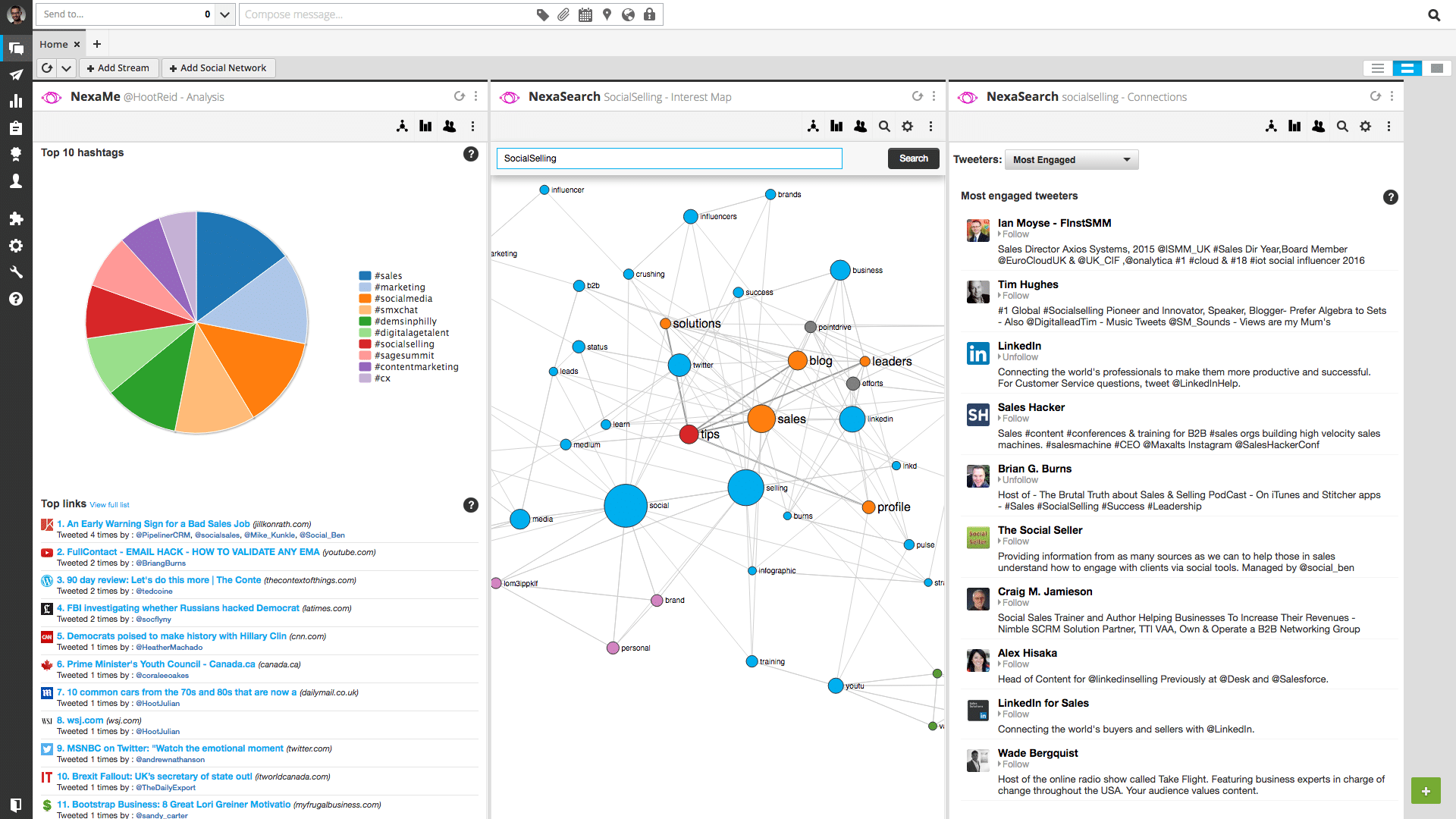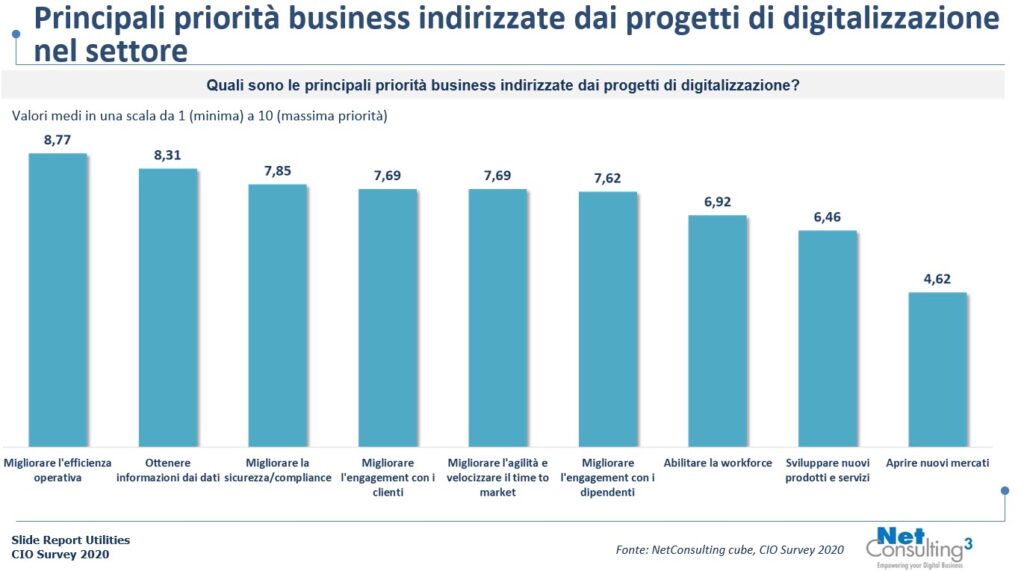
Why should you hire consultants? Here are some benefits: Expertise, Travel, Cost, and Intangible Results Find out if a consultant is right to you by reading on! If you have any questions, don't hesitate to ask the experts. This article will focus on the benefits of consulting. Start by finding a consultant with expertise in your field. You'll also find out what other reasons are worth considering.
Results that are tangible
Consultants add value to clients by helping them influence others. Consultants are expected to charge more than an employee. The tangible results of consulting include happier clients and higher social status. These are just a few ideas to increase the value of your consulting work. The quality of your relationship with clients is also enhanced by intangible results. Clients are more willing to pay for consulting services.

Expertise in one particular field
A specialist in a field can make it easier to transition into consulting. Specialists in particular fields often have better job prospects than generalists because there is a high demand for consultants with this expertise at top firms. Experts must pass the same rigorous case interviews that generalists. However, experts often have an advantage over others who don't have specialized training. They can also expect to make higher salaries than generalists.
Consultants' fees
Often, hiring managers make the mistake of oversimplifying the financial analysis that goes into hiring a consultant. Although hiring a consultant is more expensive than hiring employees, the true costs of such a decision will be much lower than those of hiring employees. Consultants generally charge less per hour than employees. It is also possible to train a consultant for a lower cost than training a new employee.
Traveling as an advisor
You must know the rules and regulations for travel as a consultant to a project. Consultants who are not exempt from travel are required to travel for work. They are also paid for any time spent away from their home. According to federal and state regulations, travel time is compensated based on the origin of travel and the location of the Consultant's personal residence. It is considered work time if the time spent away is not during regular working hours.

Developing a knowledge management plan for consultants
Your business' knowledge management plan will require that you invest your time and money in identifying and achieving your goals. Once you have established your goals and objectives, you can establish metrics to measure your knowledge-management program's effectiveness. This will enable you to monitor your progress in real time and measure your overall effectiveness. You'll begin to see the benefits of knowledge-management in just a few months.
FAQ
Why would a company employ a consultant to help them?
Consultants provide expert advice on how to improve the performance of your business. Consultants are not here to sell products.
A consultant is a person who helps companies make better choices by providing sound analysis, and making recommendations for improvement.
Consultants often work with senior management to help them understand how to succeed.
They offer leadership coaching and training to help employees reach their full potential.
They could advise businesses about reducing costs, streamlining processes and increasing efficiency.
What are the benefits of being a consultant
Consultants can often choose the hours and topics they work on.
This allows you the freedom to work wherever you like, whenever you want.
You also have the freedom to change your mind at any time without fearing losing your money.
Finally, your income can be controlled and you can set your own hours.
What should I expect from my consultant
When you choose your consultant, they should respond within a few working days. They will typically ask for information about the company, such as its mission, goals. products and services. budget. After receiving this information, they will prepare a proposal outlining their scope of work, estimated timeline, fees, deliverables and milestones.
If everything goes as planned, then both parties will agree to a written contractual agreement. The type relationship between the two sides (e.g. employee-employer or independent contractor-employer) will dictate the terms of the contract.
If all goes well, the consultant will start working immediately. You will have access both to your documents and internal resources and the consultant's skills and knowledge.
You shouldn't assume, however, that every consultant is an expert in all areas. To become an expert in any field you consult, it takes practice and effort. Do not expect your consultant to be an expert in every aspect of your business.
Do I need to seek legal advice?
Yes! Consultants often create contracts with clients without getting legal advice. However, this can lead to problems down the road. What happens if a client terminates the agreement after the consultant's completion deadline? What happens if the contract stipulates that the consultant must meet certain deadlines?
To avoid any problems, it's best that you consult a lawyer.
Do I need to pay tax on consulting income?
Yes, you must pay tax on the consultancy profits. This amount will depend on how much you earn each year.
If you are self employed, you can claim expenses in addition to your salary. This includes rent and childcare.
But you won't be able to deduct interest payments on loans, vehicle depreciation, or the cost of equipment.
If you earn less than PS10,000 per year, 25% can be claimed back.
You might be taxed even if you make more than the threshold depending on whether your income is contractor or employee.
The PAYE tax for employees and the VAT tax for contractors is generally paid as you earn.
Can anyone become a consultant
A consultant is someone who helps you achieve your goal by providing advice on how to do something better, faster, cheaper, etc.
A consultant may help you solve problems, make decisions, or negotiate with others.
Consultants are often hired for specific projects or tasks.
In reality, consultants are generally paid hourly or daily rates and not per project.
How long does it take to become a consultant?
Depending on your industry and background, the time required will vary. People start work with a few weeks before they find employment.
However, some consultants spend several years honing their skills before finding work.
Statistics
- According to IBISWorld, revenues in the consulting industry will exceed $261 billion in 2020. (nerdwallet.com)
- Over 62% of consultants were dissatisfied with their former jobs before starting their consulting business. (consultingsuccess.com)
- According to statistics from the ONS, the UK has around 300,000 consultants, of which around 63,000 professionals work as management consultants. (consultancy.uk)
- 67% of consultants start their consulting businesses after quitting their jobs, while 33% start while they're still at their jobs. (consultingsuccess.com)
- On average, your program increases the sales team's performance by 33%. (consultingsuccess.com)
External Links
How To
How to Start a Consultancy Company and What Should I Do First
Starting a Consulting Company is a great way to make money online from home. You don’t need to have business experience or invest capital. A good place to start your own consulting company is to build a website. Once you've built a website, you'll want to use social media platforms such as Facebook, Twitter, LinkedIn, Instagram, Pinterest, YouTube, etc... to get the word out about your services.
You can create a marketing strategy that includes these things with these tools
-
Writing content (blogs).
-
Establishing connections (contacts)
-
Generating leads through lead generation forms
-
Selling products via ecommerce websites
Once you have created your marketing strategy you will need to find clients that will pay for it. Some prefer to connect with people through networking events. Others prefer to use online resources like Craigslist and Kijiji. It's up to you to make the decision.
Once you've found new clients, you'll want to discuss terms and payment options. This could include hourly fees, retainer agreements, flat fee contracts, etc. You need to be clear about what you expect of a client before they accept you as a client.
Hourly agreements are the most common contract type for consultancy services. This contract allows you to pay a fixed amount each week or month for certain services. You might be able, depending on which service you offer, to negotiate a discount. You must fully understand the contract you're signing before you agree to it.
Next, create invoices. Send them to your clients. Invoicing can be a complicated task until you actually attempt it. There are many ways that you can invoice your clients depending on what your preferences are. Some prefer to send their invoices directly by email, while others prefer to print and mail hard copies. Whatever method you choose, make sure it works for you!
Once you have completed creating invoices you will want to collect payment. PayPal is popular because it is easy to use, offers several payment options, and most people prefer it. Other payment processors such as Square Cash. Google Wallet. Apple Pay. Venmo.
Once you're ready and able to collect payments, you should set up bank accounts. You can track income and expenses separately by having separate savings and checking accounts. Automated transfers into your bank account are a great way to pay bills.
Although it can seem daunting when you first start a business as a consultant, once you get the hang of it, it will become second nature. You can read our blog post to learn more about how to start a consultancy business.
Starting a consulting firm is a great way to earn extra cash without worrying about employees. Many consultants work remotely, which means they don't have to deal with office politics or long hours in the office. Remote employees have more flexibility because they are not bound by regular work hours.